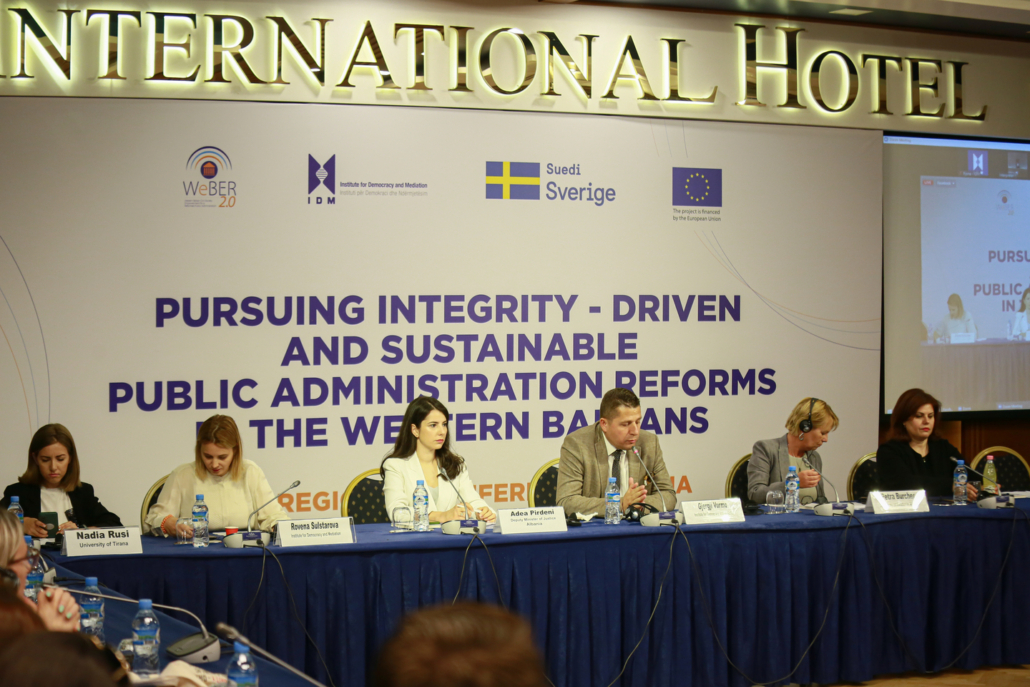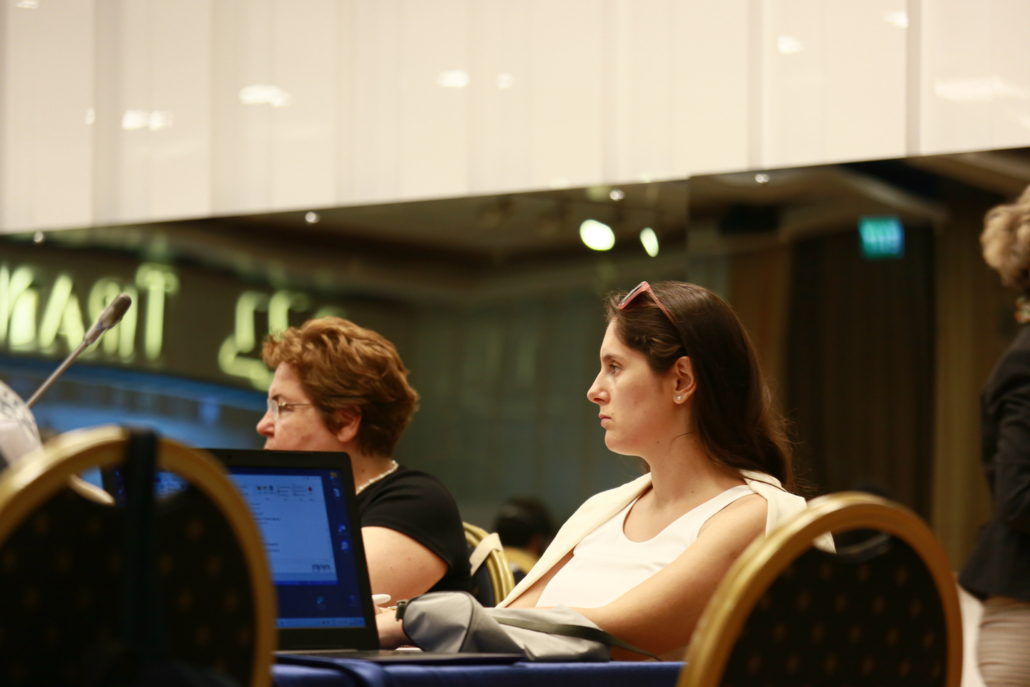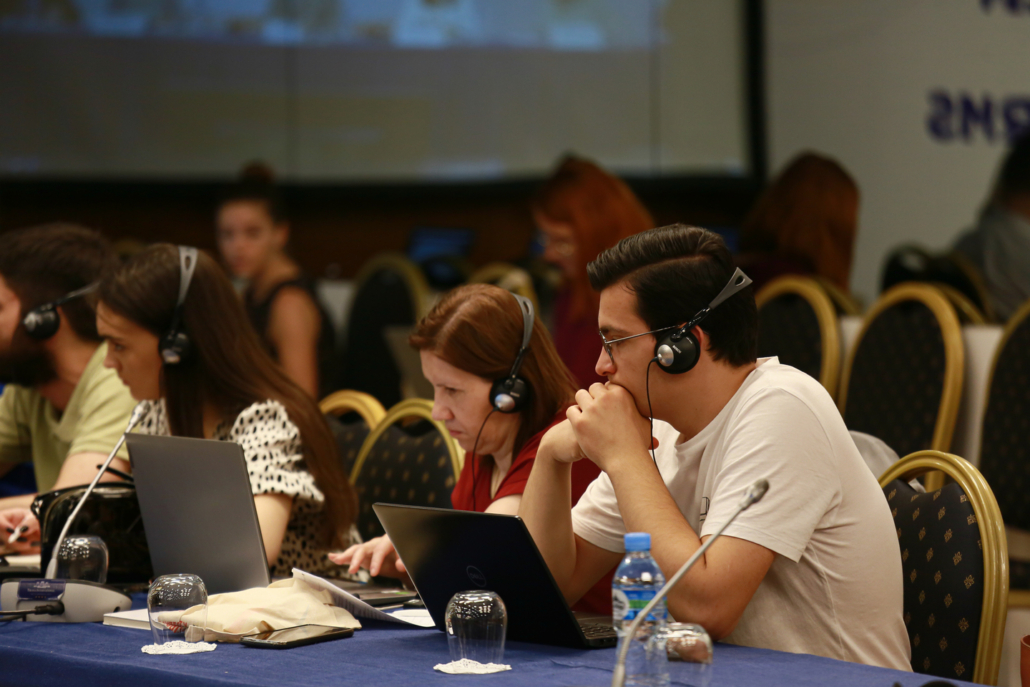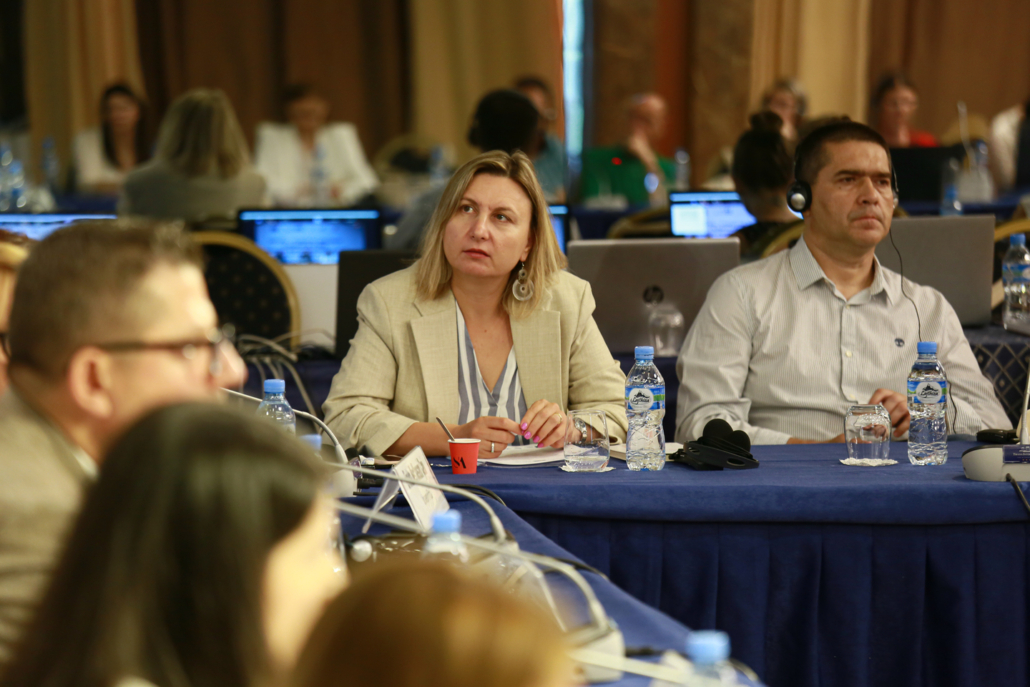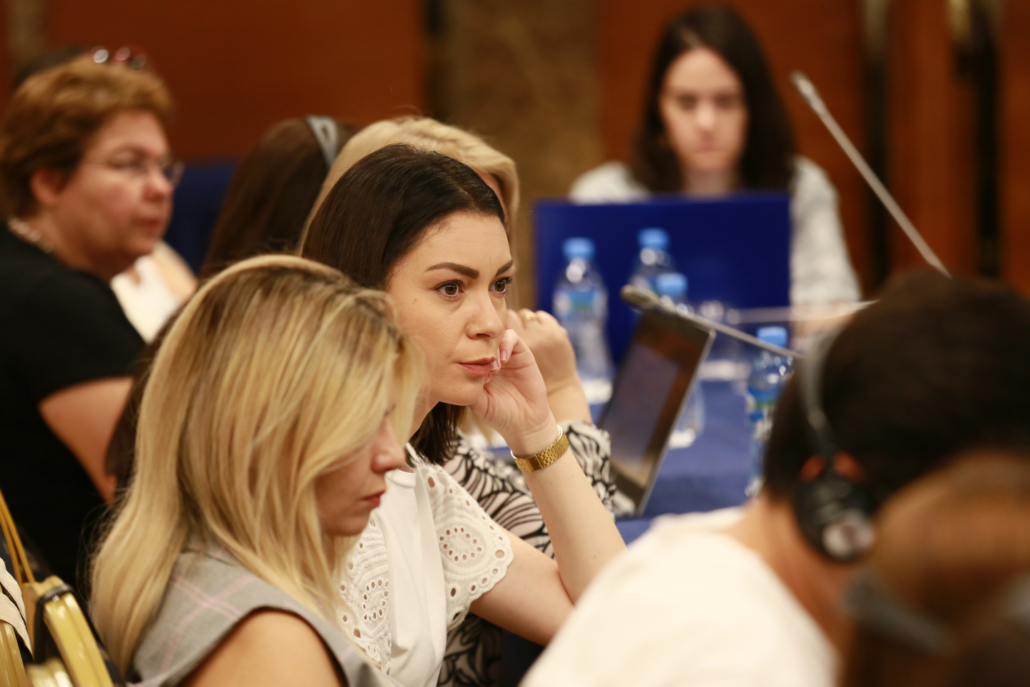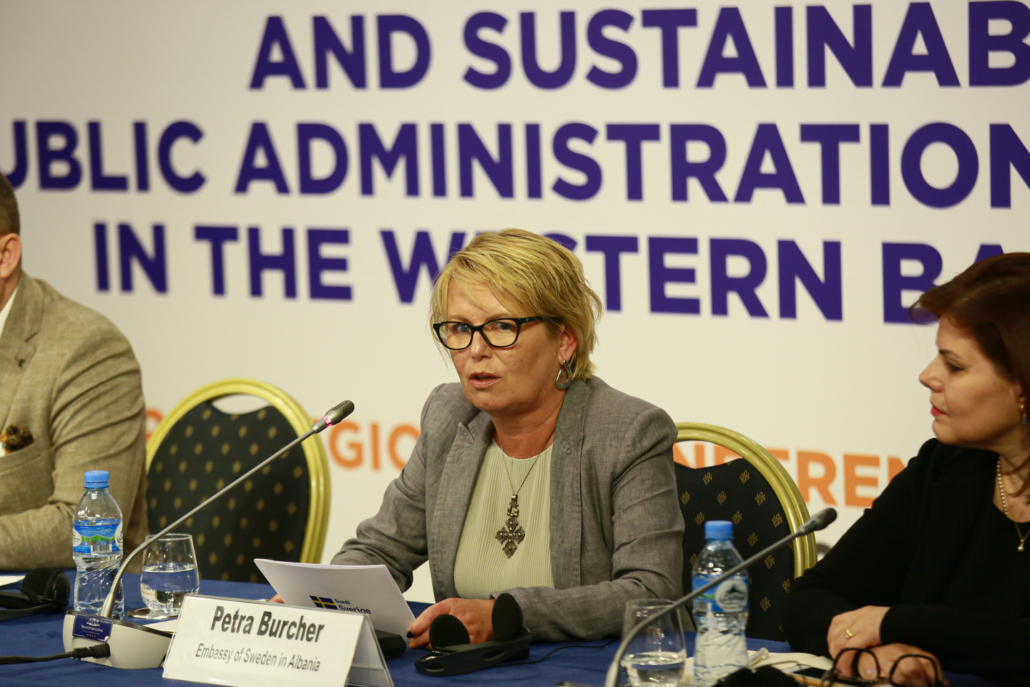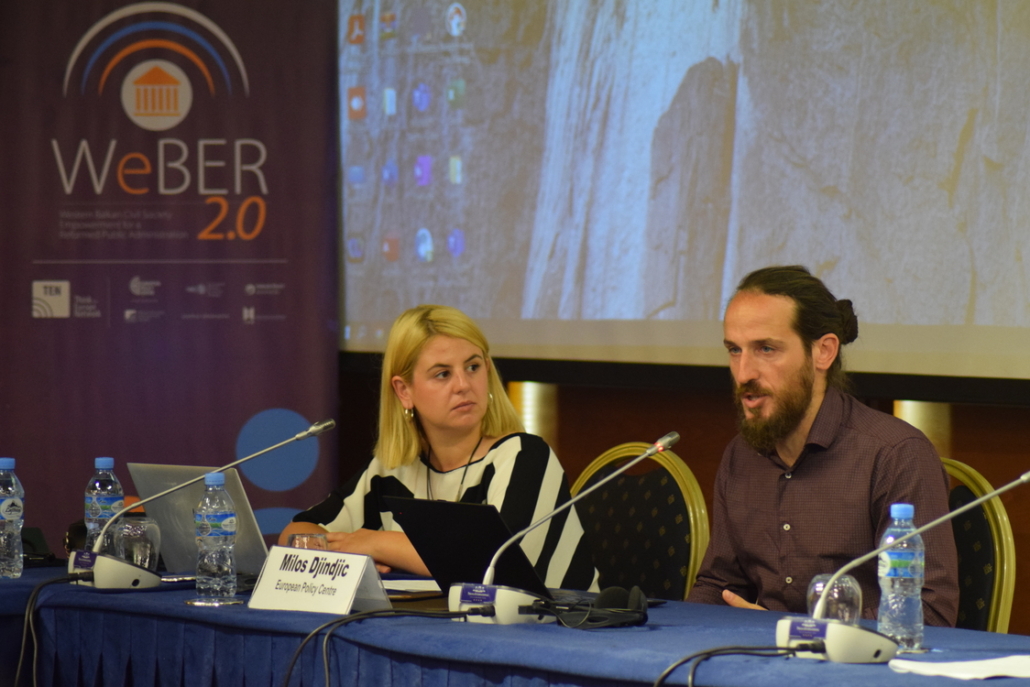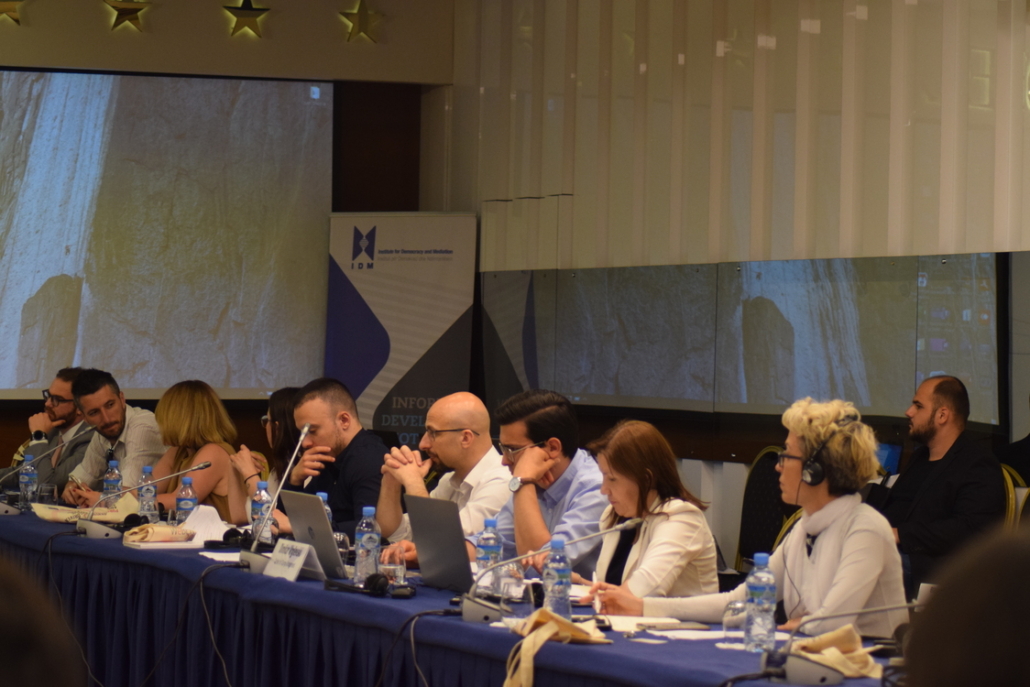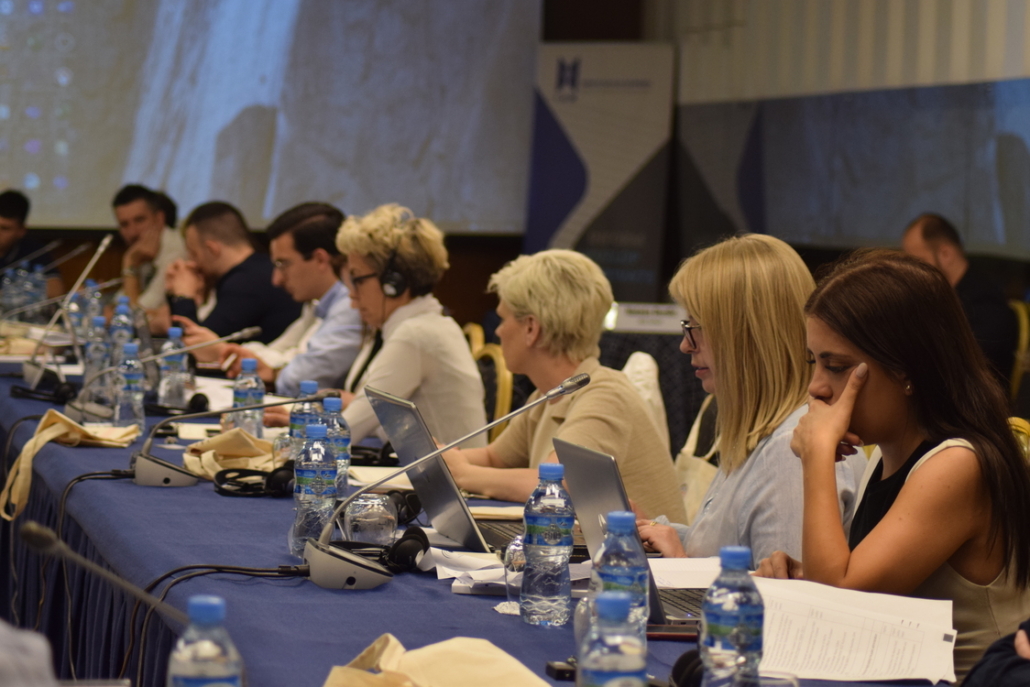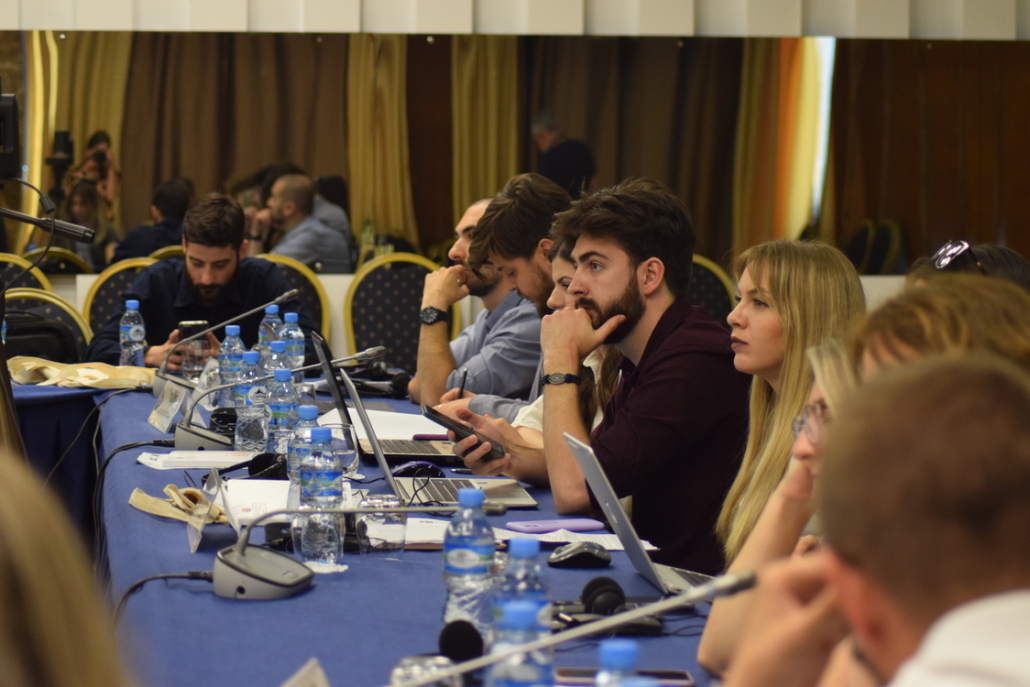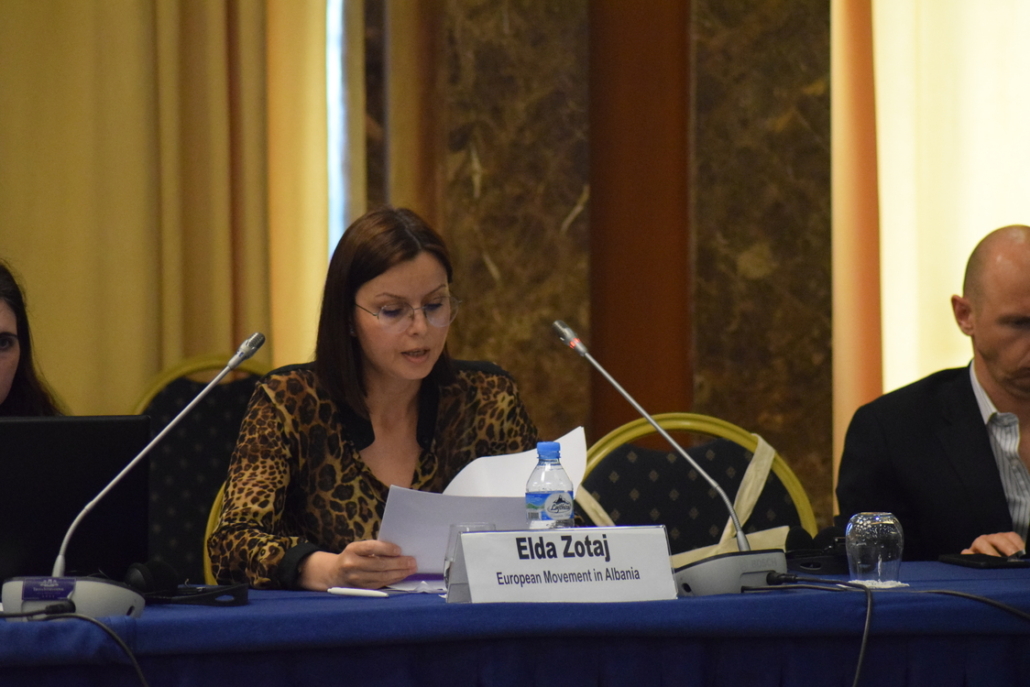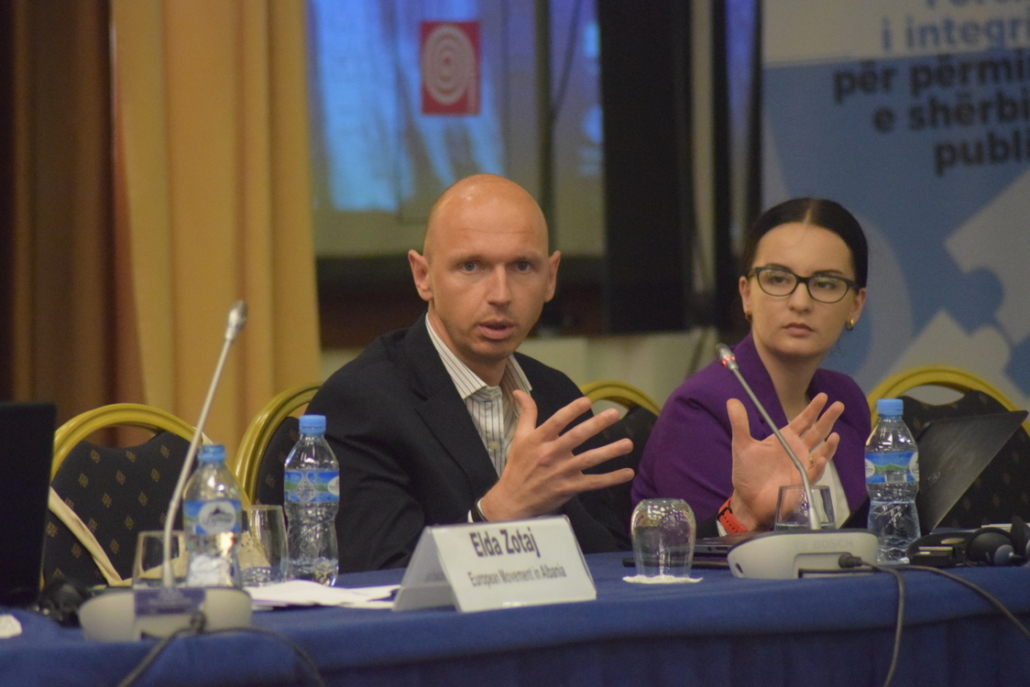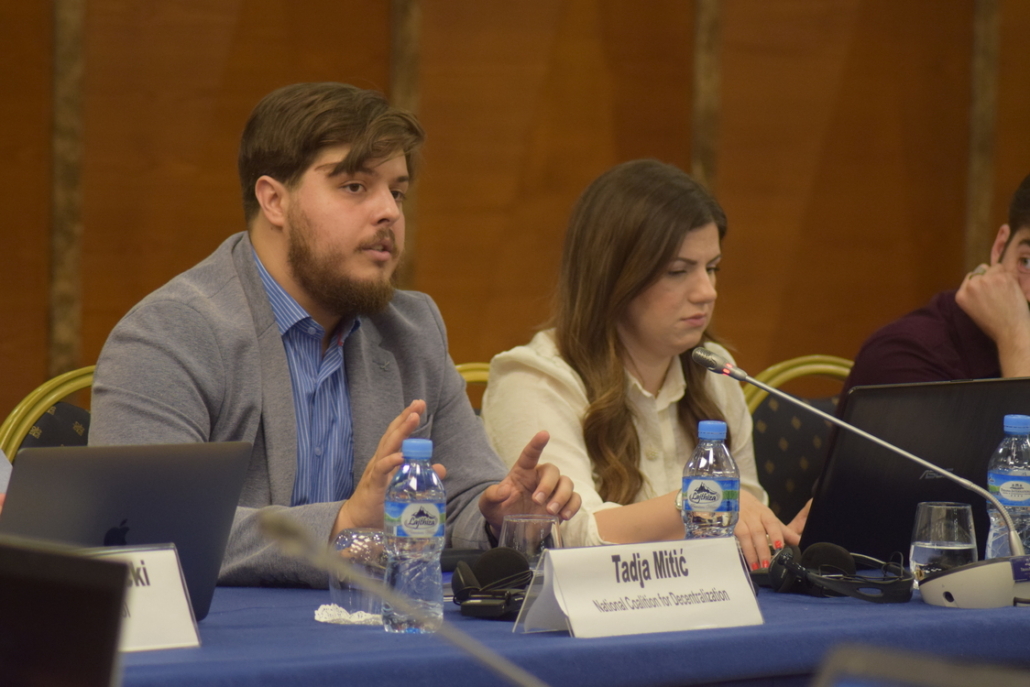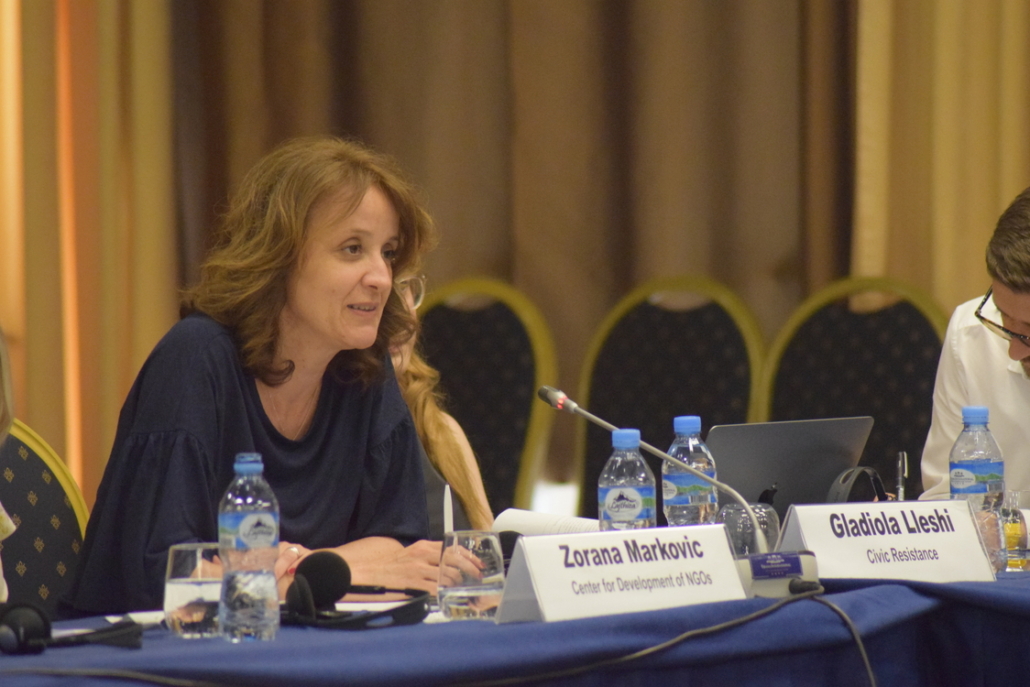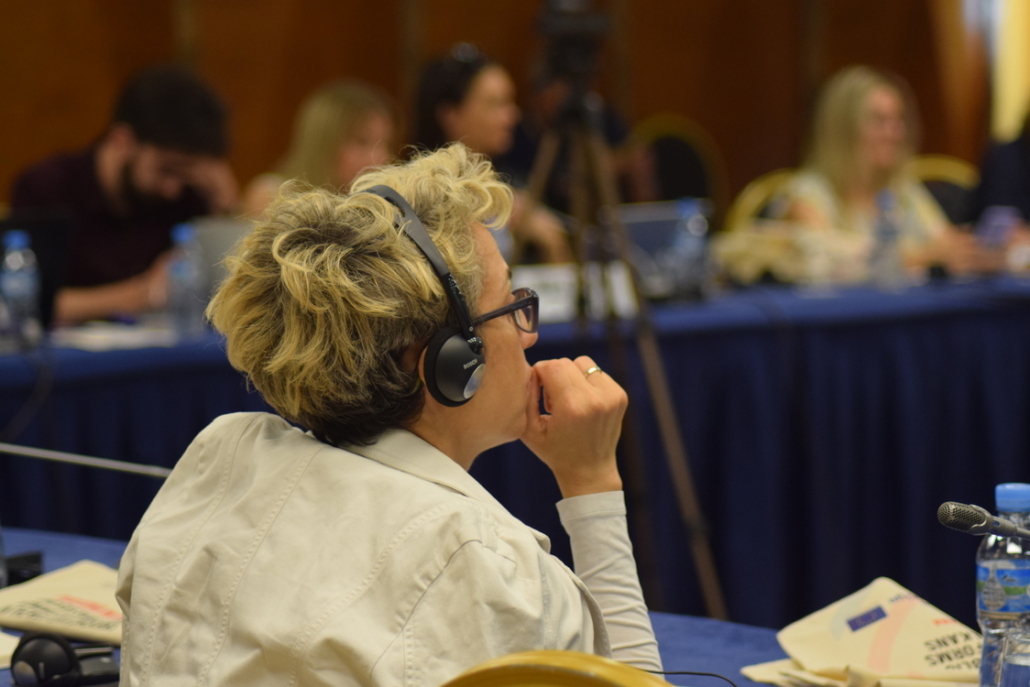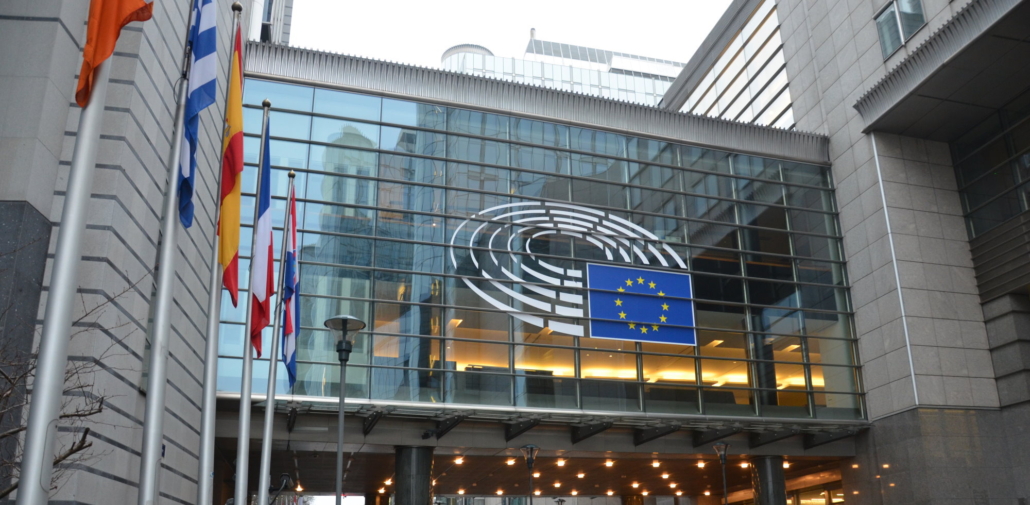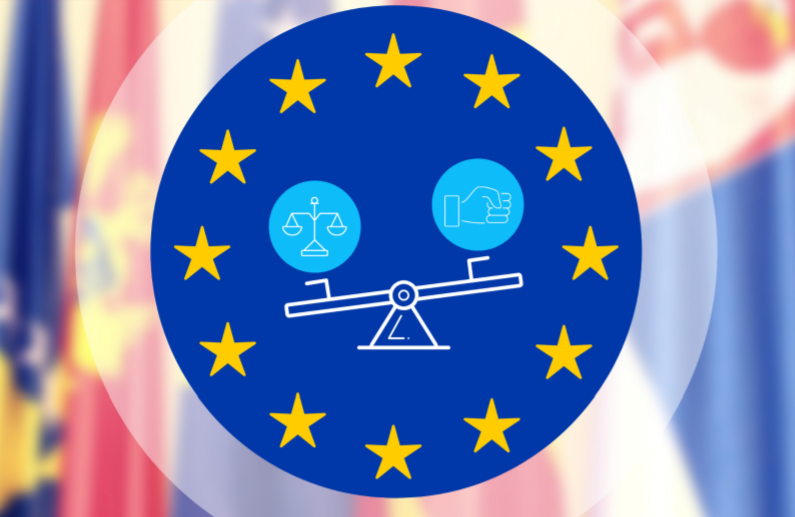EU enlargement to the Western Balkans in the light of the war in Ukraine: Enlargement Package 2022
Belgrade, 7 November 2022 – Today, the event “Unpacking the Enlargement Package 2022: EU Enlargement to the Western Balkans in the light of the war in Ukraine” was held in Belgrade, organised by the regional Think for Europe Network – TEN. The panel was conducted in cooperation with the European Commission’s Directorate-General for Neighborhood and Enlargement Negotiations (DG NEAR). TEN and DG NEAR organised this type of event for the third time.
This time, the participants at the event were Maciej Popowski, European Commission’s acting Directorate-General for Neighbourhood and Enlargement Negotiations (DG NEAR), who presented the Report and was followed by reactions from TEN member organisations – Srđan Majstorović, Chairman of the Governing Board, European Policy Centre – CEP, Belgrade, Marko Sošić, a researcher at the Institute Alternative, Podgorica, Arber Fetahu, a research fellow at the Group for Legal and Political Studies, Pristina, Ardita Abazi Imeri, programme coordinator at the European Policy Institute – EPI, Skopje, and Alban Dafa, a researcher at the Institute for Democracy and Mediation – IDM, Tirana. The panel was moderated by Corina Stratulat from European Policy Centre – EPC, Brussels.

“The Russian aggression has fundamentally changed the security structure of Europe”, highlighted Popowski. Regarding the Western Balkan countries, he said that the most commented decision from the Enlargement Package 2022 is the Commission’s recommendation to grant candidate status to Bosnia and Herzegovina. Popowski added that in this Enlargement Package, the focus on fundamentals was “as strong as ever” and stated that the revised Enlargement methodology works well but that, in some aspects, can be developed more, for instance, with gradual integration.
Bosnia and Herzegovina: “Bosnia and Herzegovina is the winner of this Enlargement package, but, truth to be told, we do not deserve it”, said Ćutahija. He added that, due to ethnic division, the functionality of BiH is undermined. He also mentioned that the problem is that there are no sanctions for BiH’s politicians, who all proclaimed membership in the EU as a goal when they do not fulfil the required criteria.
North Macedonia: The European Commission held its first Intergovernmental Conference with North Macedonia in July 2022, and this is an important step that showed dedication to the Enlargement. But, a large part of this year’s Report’s content is the same as last year’s and repeats the same recommendations, which shows that we did not advance on our road to the EU membership, said Abazi Imeri.

Albania: EU is currently trying to do as much as it can in order to prevent Russia and China from establishing a foothold in Western Balkans, but it does not have a strategic approach. EU gets a lot from the region, and it needs to invest a lot as well, said Alban Dafa.
Serbia: Serbia hasn’t moved since 2016, and there’s a lack of transformative effects of the enlargement. The assessment of political criteria is critical, and it needs to be put in focus, said Majstorovic. Majstorovic highlighted that the moment for fundamental changes is now and that both sides must show dedication to the common future. “If we fail to recognise that this is the moment to think outside of the box, the moment will fade. We need to work together in 2023 to create new political architecture for Europe in the future”, said Majstorovic.
Kosovo: Regarding Kosovo, Fetahu said that Kosovo remained where it was in the 2022 EC Report. “This Report does not show opinion on Kosovo getting candidate status, and we do not know when this will be possible”, said Fetahu.
Montenegro: “We are not doing much work, so we cannot say that we are ‘tired of enlargement’. And there is no dilemma about the Western Balkan’s future – there is no other path except the one of EU membership. But, we need a timely EU reaction to problems in our countries”, assessed Sošić.
The aim of these discussions is to present to the public the key findings of the Commission’s annual reports while highlighting to what extent these converge with the regional think tanks’ assessment of the situation on the ground.

